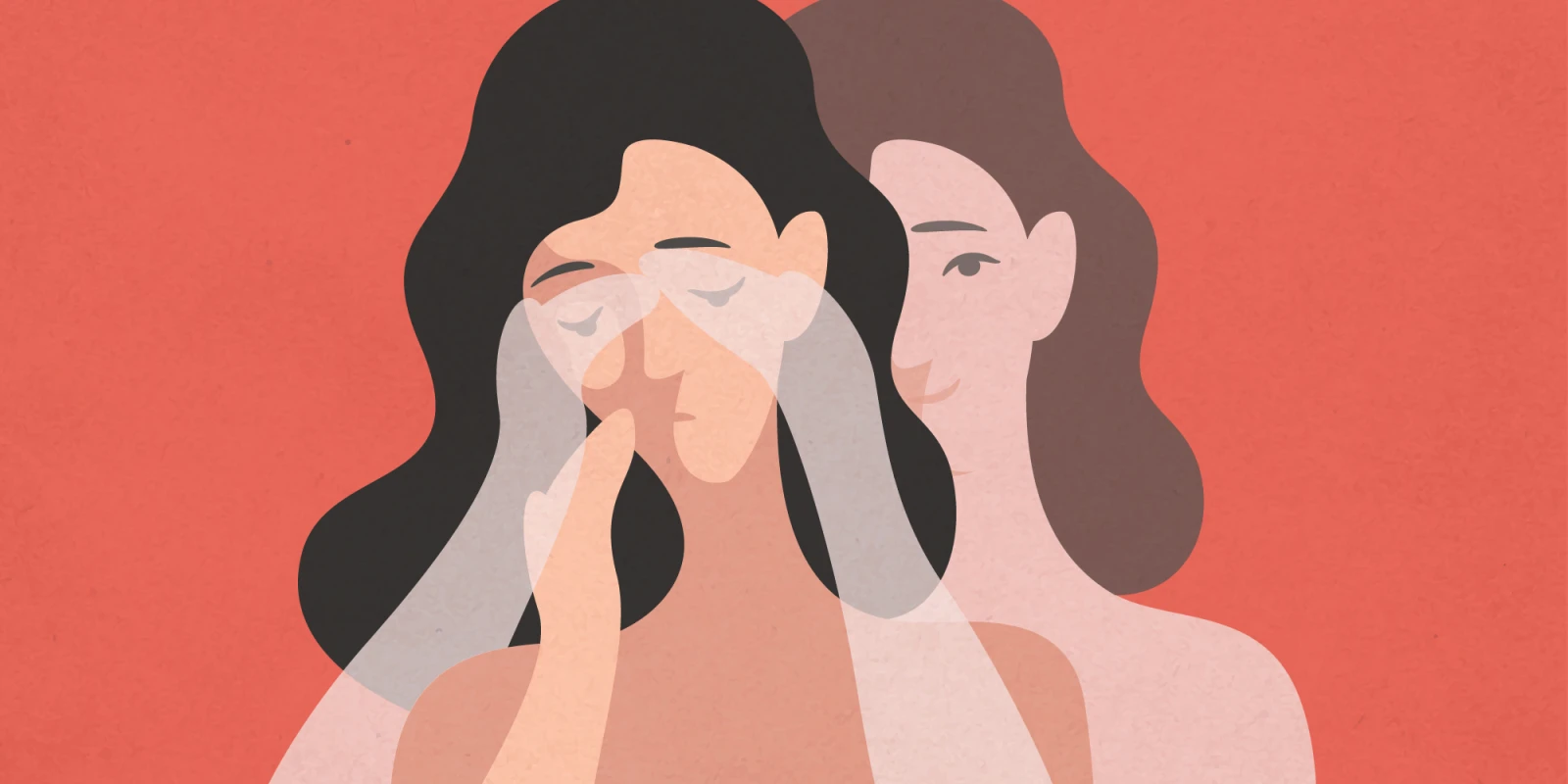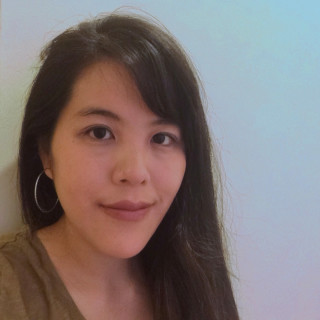
First, your name appeared, one week ago, in my 9:15 a.m. appointment slot for an "ER follow up" visit. You never showed up. Then, your mother scheduled you for an afternoon appointment, but that day passed and you still didn't come. A few days later, I saw your name, again, in one of my morning slots, but, again, you were a no-show. After three missed appointments, I asked Nat, who did scheduling for our clinic, to please call your family and emphasize the importance of coming in for your follow-up visit.
I remember you from a few months back. Your grandmother had brought you in for symptoms consistent with a stomach virus. When you laid down on the exam table so I could palpate your abdomen, I noticed multiple healing crisscross scars on both of your forearms…and new cuts on your left arm—your name. Your grandmother, too, noted the cuts and shouted at you, "Are you doing that because of a boy?" You rolled your eyes, and said, "Ugh, no." But, your grandmother started talking about how teenage girls were always about boys and stuff. Midway through your grandmother's words, you yelled, "NO! I do it because of all of you and I've always done it and you just never noticed!" Then, you turned to me and sheepishly apologized for yelling.
Now, it's Friday morning and I finally see on our EMR that you've checked in. As one of our medical assistants takes your vitals and leads you to one of the exam rooms, I take a look at the ER report from a week and a half ago which lists your chief complaint as "emergency contraception." The report also states that you had consensual sex with a 16-year-old boy you knew and as such there was no suspicion of abuse or assault. You were given a number of medications—Azithromycin, Ceftriaxone, Metronidazole, and Levonorgestrel—and sent home with no further indications to see a healthcare provider for follow-up care.
I grab my laptop and walk into your room, expecting to see the same girl I saw from a couple months ago; but, I hardly recognize you, for you look completely different. Your face, which was bare last time, is now heavily covered in thick makeup, and you're wearing dark purple eyeshadow and dark pink lipstick. Your hair, now dyed midnight blue, hangs straight down, covering the sides of your face. After greeting you and your mother, I sit down across from you and say, "So, I've read the ER report, but I would really like to hear what happened from you. Can you tell me what happened?"
You take a deep breath and give me a shy smile. "Umm, okay…um, I went to the ocean with Will and Sasha and then we met up with some guys and then another guy came and we didn't know him and then we went back to someone's house and then um…"
You stop. Your mother has been sitting in the corner of the room, quiet. You look at her. She looks at you and says, "Do you want me to finish?" You nod. "Then, she blacked out, and while she was blacked out, she was assaulted." I sit very still, waiting for your mother to continue. "And, he was 22-years-old." I remain silent. "She was a virgin before." You're sitting on the exam table looking down at your lap. Your mom begins to tear up.
I hand your mother a tissue box and put my laptop aside. I look at you and quietly state, "You were raped." You nod. Your mother nods. "That's different from what I read on the ER report," I say very gently.
"She was scared," your mother looks at you. "She was really scared."
Of course. You're 14.
You ask me not to look at you today. Ask isn't the right word; beg is more like it. "I won't," I say. But, you look like you don't believe me, like I'm telling you a lie. So I reassure you, once again, very emphatically, "I won't." And, for the first time in years, I do no physical exam. I talk to you and your mother about labs we should check and the follow-up needed over the next few months. Then, I ask what you think about seeing a therapist. You and your mother nod and say that you will do everything that I think should be done.
Before I send you off to our lab to have your blood drawn, I tell you that this should never have happened and that everything you're feeling is valid, is real. I also tell you that if you're not feeling anything—that's okay, too. Then, I tell you that I am so sorry. Mainly because I don't know what else to say. You smile and say, "I'm okay. I just want to forget about it." Then, you and your mother thank me.
Medicine often fools me into thinking that I have control, that I can always make things better, to a certain extent. (You have diabetes; let's manage it. You have strep throat; let's treat it. You have a laceration; let's clean it and suture it.) I have so much control I can even prevent negative outcomes by giving immunizations, counseling on safety, and anticipatory guidance, and starting certain patients on prophylactic medications. But, this feeling of control dissolves into nothingness during clinical encounters like when my 14-year-old patient comes in to see me having been sexually assaulted. Could I have prevented that? And, how do I make her better? What does "better" even mean in this case?
I've been thinking about you these past few months, even though it was many years ago, because of current events and #MeToo. I can still remember the way you sat there as your mother cried. I can remember how you said, as if trying to make me feel better, "I'm okay, I just want to forget about it." And, I recall how you and your mother thanked me at the end of the visit and how I drove home that evening wondering what it was I did that day to deserve your gratitude.
Was it because I wanted to hear your story—because I gave you space to speak? Was it because I never doubted your words, knowing with complete assurance that you were worth listening to—and not just that, but worth believing? The longer I work in Pediatrics, and the more seasoned of a nurse practitioner I become, the more I become convinced that so much of the type of healthcare I daily strive to provide for my patients rests less upon my own store of medical knowledge and more upon me creating a space for my patients to speak, knowing that I will listen to them—and not just listen to them, but believe them.
Evelyn Lai is a pediatric nurse practitioner as well as a 2018–2019 Doximity Author.







